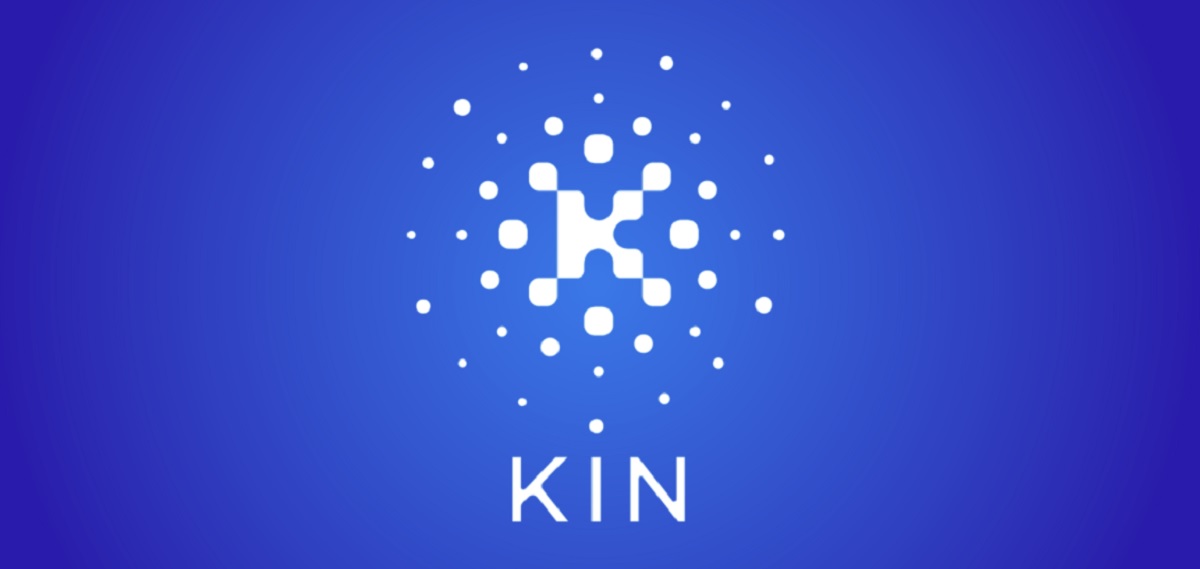Kin Ecosystem Foundation, the nonprofit governance organization for the Kin cryptocurrency, today announced it has approved 40 developers as participants in its first Kin Developer Program.
Those developers will make applications that take advantage of Kin, a cryptocurrency created by the Kik mobile messaging service. The developers who successfully launch Kin-integrated apps over the next six months will receive financial incentives worth up to $60,000 (or 400 million Kin).

Unlock premium content and VIP community perks with GB M A X!
Join now to enjoy our free and premium membership perks.
![]()

![]()